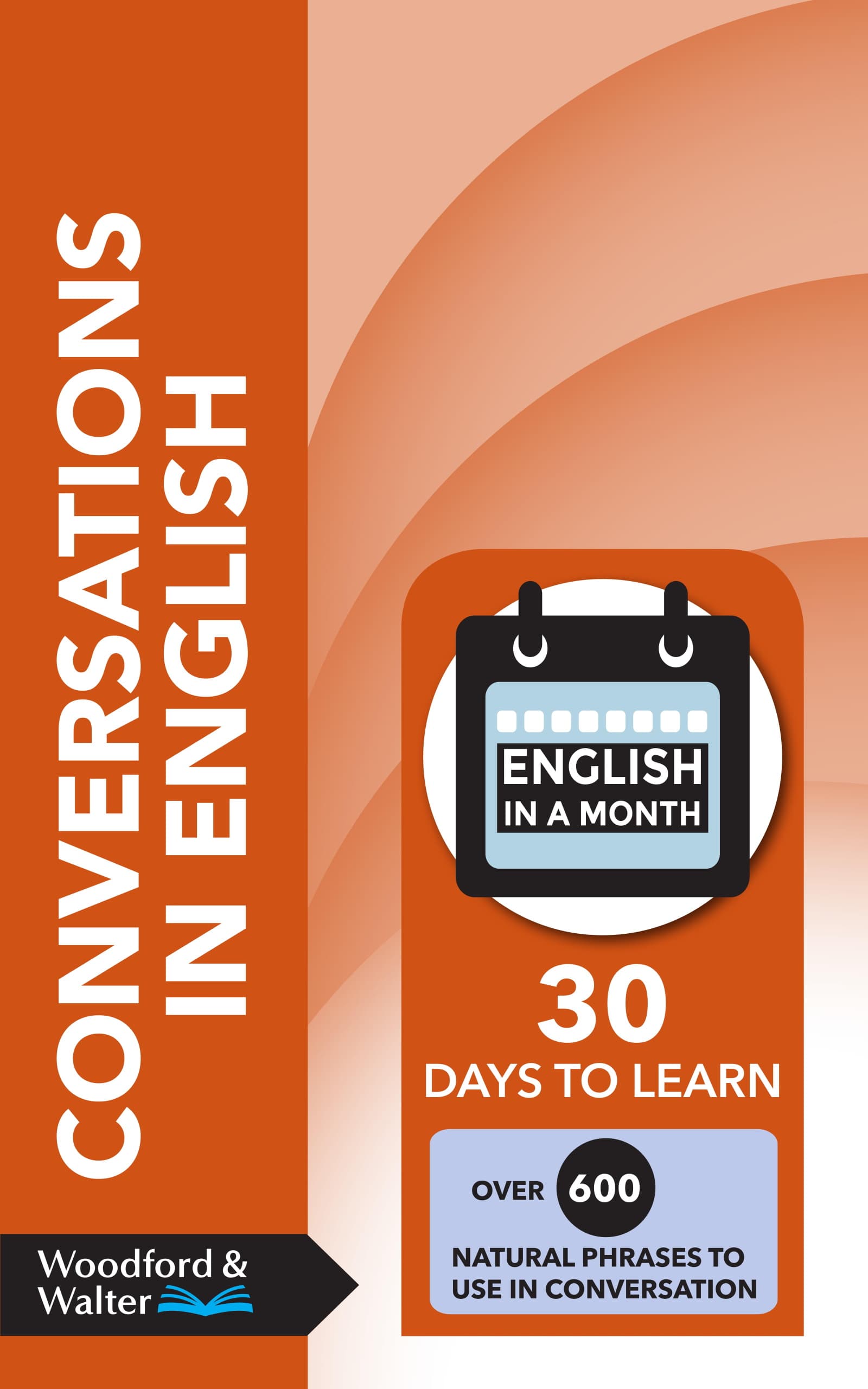When sad and bad things happen to people, we quite naturally want to respond in a way that shows we care. It’s important that we’re confident that the words and phrases we use in this situation are suitable, especially if the person we are talking to is upset. This is tricky, especially as different languages have different phrases for this. In this blog, we look at the language of showing sympathy and understanding when speaking.
We’ll start with the worst thing that can happen to any of us – the death of a person that we love. If someone tells you that a family member or friend has died, a suitable phrase for this is ‘I’m so / very sorry to hear that.’ If you already knew about the death but are speaking to someone for the first time since it happened, you can say ‘I was so / very sorry to hear the sad news about your father.’ You might add one of these phrases:
- ‘I know you were very close.’
- ‘What a terrible shock.’ (if it happened suddenly)
- ‘You used to talk about him so much.’
- ‘I remember meeting him when he came to Oxford.’
- ‘I have very fond memories of meeting him when he came to Oxford.’
Of course, many other less serious things happen to people that still require us to show sympathy. People hurt themselves, become ill, lose jobs, lose possessions, etc. The simplest way of responding when someone says that something bad (but not terrible) has happened is ‘Oh no!’ or ‘Oh dear!’. If you know them well, you might add ‘Poor you!’ or, more informally ‘You poor thing!’:
- ‘I dropped my phone and broke it.’
- ‘Oh no!’
- ’I had a really bad headache so I didn’t go to the party.’
- ‘Oh, no! You poor thing – that’s horrible!’
Another sympathetic phrase in a situation like this is ‘That’s a shame / pity.’ Or ‘What a shame / pity!’ If the problem is more serious, you might instead say ‘That’s really tough.’ or ‘I feel for you.’
After expressing sympathy, people sometimes say something to give hope. They might say, ‘I hope things get better soon.’ or ‘Perhaps it’s not as bad as you think.’
For more help with English conversation, see Everything you need to know about conversation in English




0 Comments